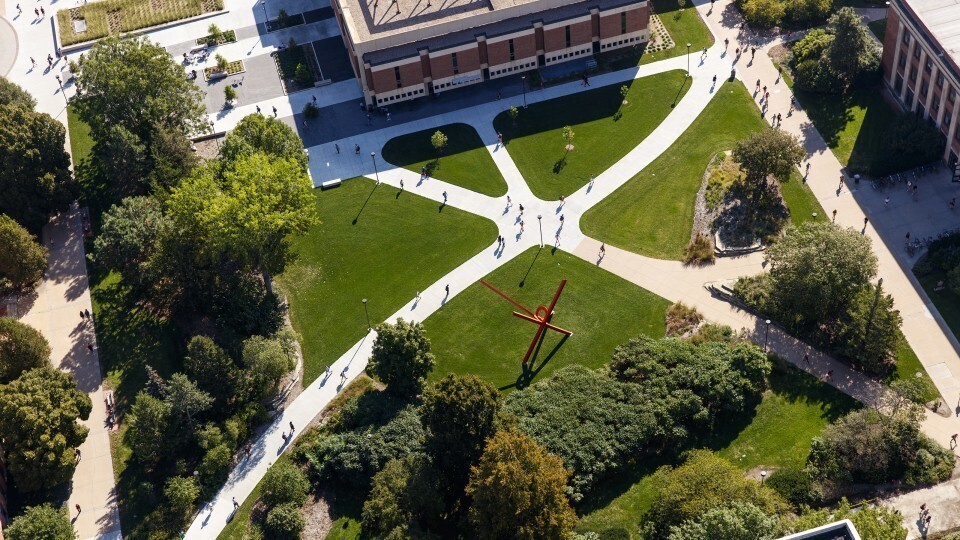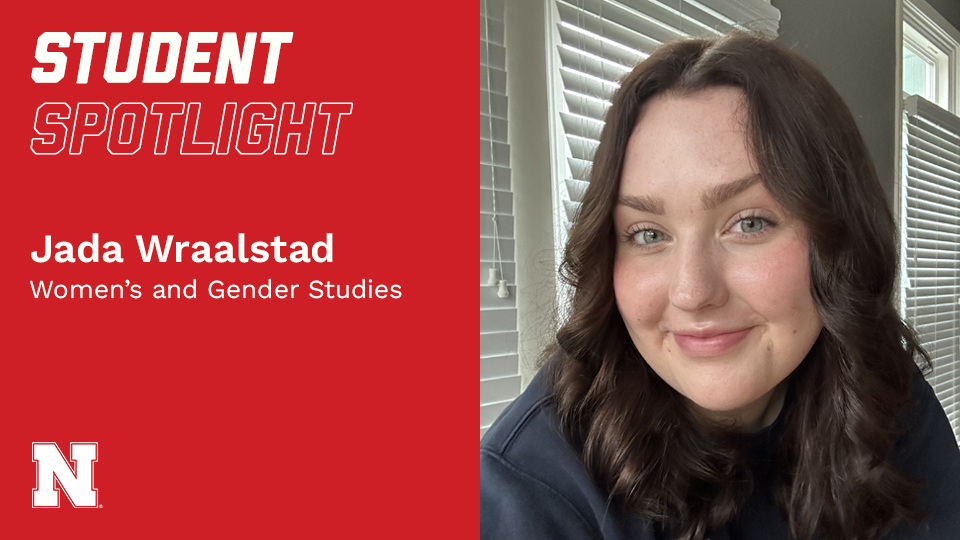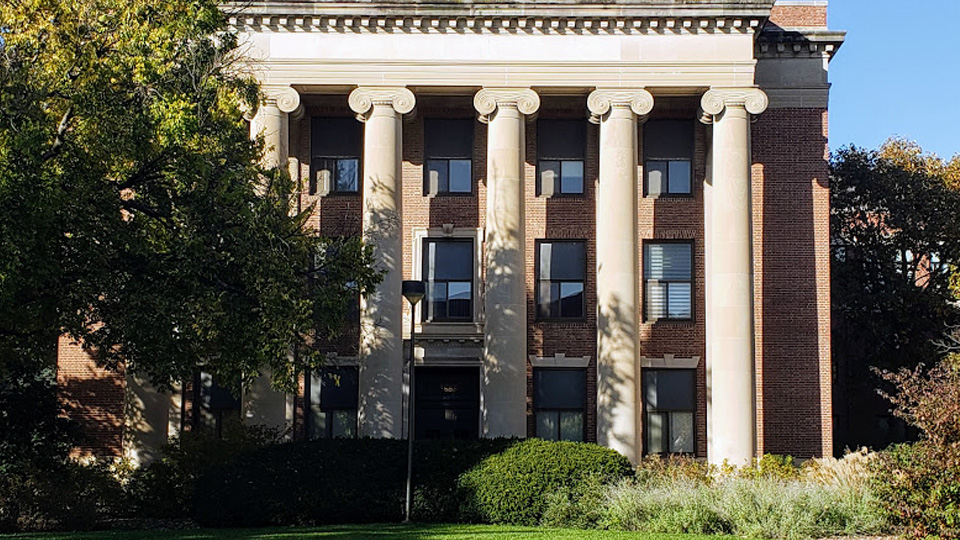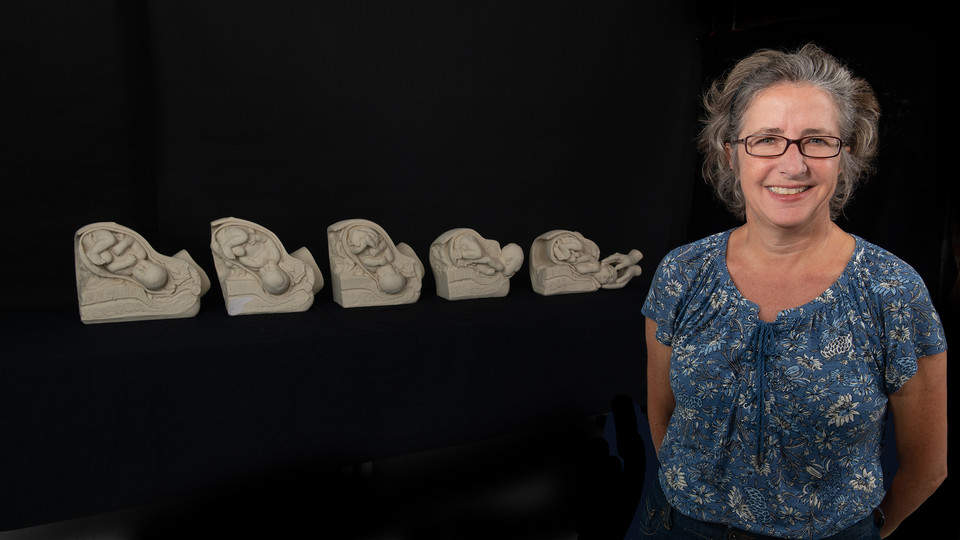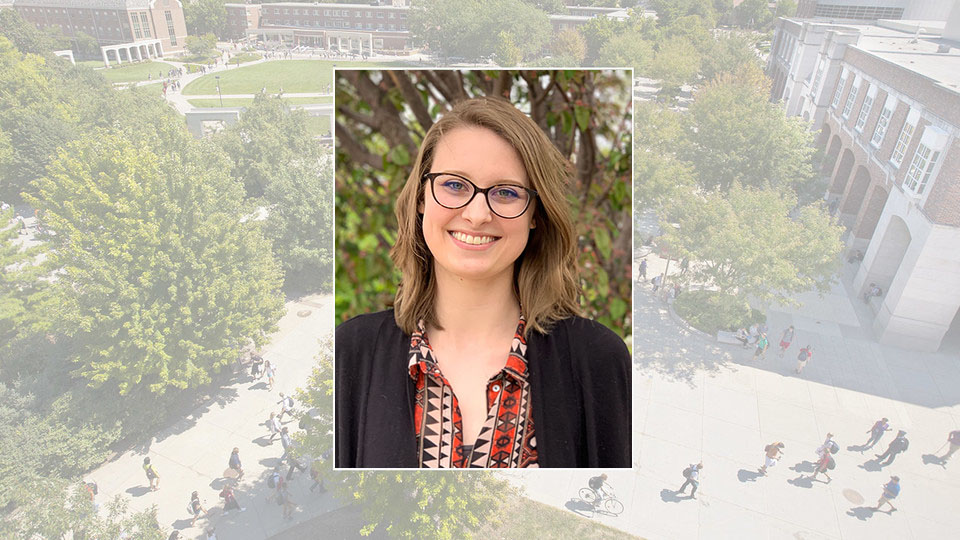
BA ('15), German and global studies with minors in Women's and Gender Studies and Human Rights and Humanitarian Affairs
MA ('19), modern languages and literatures with a specialization in German
As a graduate student, Leikam also studied women’s and gender studies and teaching English to speakers of other languages.
What is your job title, and what kind of work does it involve?
I’m the Office Coordinator and Gender Programs Director at Kindred Psychology, an inclusive and affirming counseling psychology practice in Lincoln. I currently manage client intake and scheduling, as well as other administrative tasks for the office. I am usually the first point of contact for folks, acting as liaison between them and their provider. I am also responsible for organizing our group offerings, a large portion of which focus on gender identity and shared experiences among transgender, gender-diverse, and gender nonconforming individuals. I have also learned from the Transgender Training Institute how to facilitate trainings on Gender 101 for local organizations wanting to increase their cultural competency in this subject.
What sparked your interest in your areas of study?
Throughout my undergraduate degree I was always interested in interdisciplinary studies. I took courses in women’s and gender studies, human rights and humanitarian affairs, political science, history, and German. I loved the humanities and felt it imperative that I incorporate all of these areas of study into my program. I can’t pinpoint one event or experience that sparked my interest in these subjects; instead, perhaps, it was just a growing curiosity over the years as I have studied the literature and theories of these fields.
How have your areas of study been of value to you?
Anybody can learn to be inclusive, but having a foundational knowledge of gender studies has provided me with an academic and historical rationale for transforming my everyday vernacular into one that is more affirming.
How have you areas of study helped you get to where you are today?
After spending a year teaching English with the Fulbright Program in Germany, I was invited to return to UNL as a TA for the German section and continue my education at the Master’s level. I pursued the same interdisciplinary work I had enjoyed in undergrad, with aspects of gender and identity incorporated into as much of my program as possible. My desire to broaden my horizons across disciplines allowed me to study the intersections of many different fields, including history and literature from Germany, to the American Northwest, to Puerto Rico.
I have always appreciated a global, contextual approach to my education, which translated into my enjoyment of teaching language. As a German TA, I learned more about educational theories and linguistics and decided to pursue a TESOL certificate in the final year of my Master’s. Because I enjoyed learning about curriculum design and program direction, I finished my last semester with the intent of going into language education. What I wasn’t expecting was to shift course entirely as I began my career.
A job opportunity with a psychology practice came across my inbox through the WGS listserv. It was local, which I felt I needed as I finished my graduate program. I applied and was hired within a week. Kindred Psychology is a deliberately feminist and affirming space, serving people of all genders, and my pre-existing understanding of feminist and queer theories have proven very useful as I approach my work. The job not only includes office administration, but advocacy and community engagement, which speaks to my love of interdisciplinarity. Studying literature, history, and gender studies has paid off in a cultural awareness that I bring to work every day. Most important is an awareness of language that I’ve gleaned over the years, that I hope to impart—in some small way—on anyone who walks through the door.
Were there any other experiences from your time at UNL that helped you get to where you are now?
I most enjoyed working with my passionate and engaging professors along the way—their hard work and dedication were inspiring. I will say, too, that every experience and opportunity has been interconnected; all aspects of my education, especially the times where it was most difficult mentally (grad school isn’t easy!), have in some way contributed to my journey.
